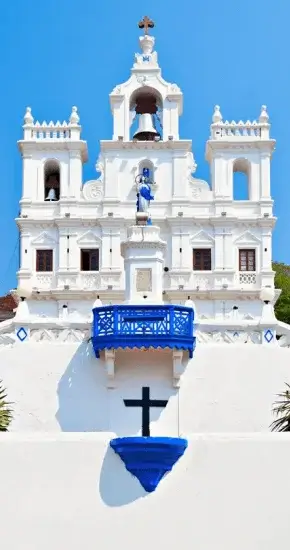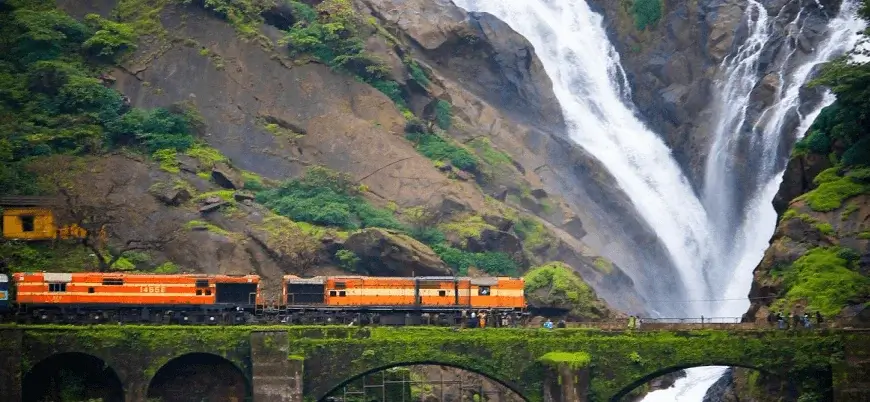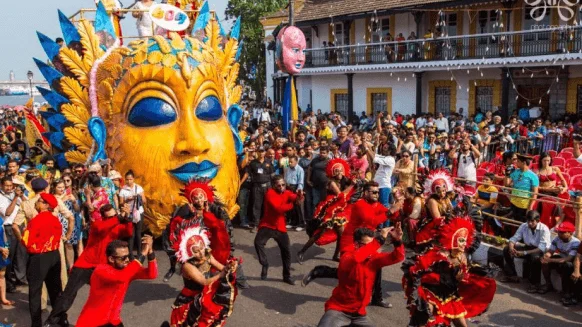Goa History

Goa's history is an intriguing blend of Indian and European influences. Initially a part of ancient empires, Goa came under Portuguese rule in 1510, marking the beginning of its transformation into a unique cultural crossroads. The Portuguese influence left a lasting mark on Goa's architecture, cuisine, and customs, which remain evident today. Goa was liberated from Portuguese control in 1961, joining India as a distinct union territory, and was later granted statehood in 1987. This journey from a colonial outpost to a vibrant Indian state has enriched Goa's cultural and historical legacy.

Culture of Goa
Goa's culture is a vibrant mix of Indian and Portuguese influences, with Konkani as the primary language spoken by locals. The state's festive calendar is marked by celebrations like Carnival, with its colorful parades and music, and Shigmo, a traditional Hindu festival with folk dances and processions. The state is known for its rich culinary heritage, featuring dishes like Goan fish curry, bebinca, and vindaloo, which reflect a blend of traditional Indian flavors and Portuguese-inspired ingredients.


Shopping
Shopping in Goa is a delightful experience, ranging from local markets to high-end boutiques. The state is renowned for its vibrant flea markets, with Anjuna and Mapusa markets offering a variety of items such as handmade jewellery, beachwear, souvenirs, and unique home decor. Panaji, the capital, features shops with a mix of local and international brands, while areas like Margao offer traditional Goan crafts and antiques.
